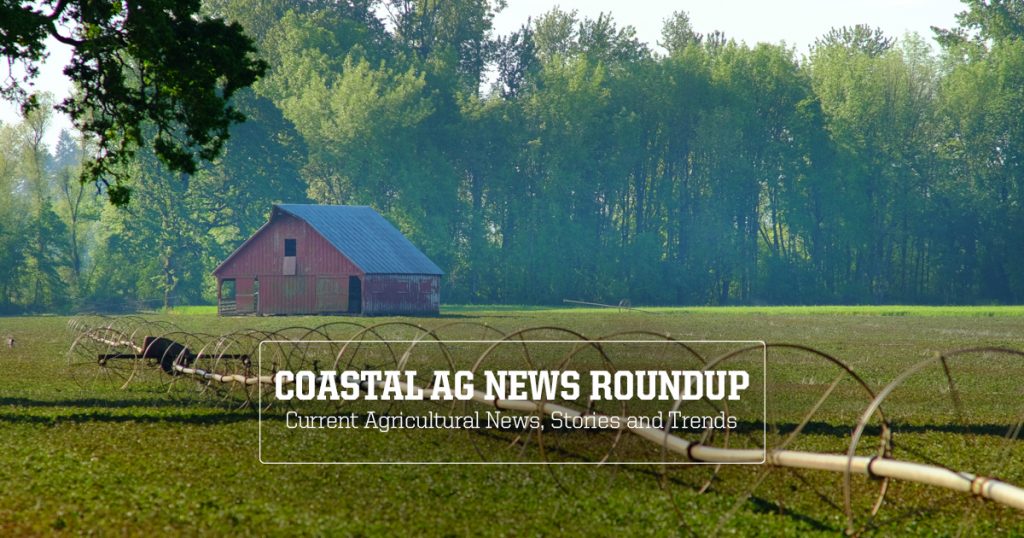
Nesting Hawks Not Concerned with Wyoming Infrastructure
Recent finding by Oregon State University wildlife researchers show that Wyoming’s oil and gas industries do not seem to interfere with nesting of ferruginous hawks. The three-year study found that birds returned to nests near well pads, roads, and more, as long as there were sufficient prey animals nearby. The study was published in the journal PLOS One.Read More
Annual Gypsy Moth Hunt Has Begun
The Washington State Department of Agriculture (WSDA) has begun its annual gypsy moth hunt, with trappers placing bright-orange traps in trees, shrubs, and more. The decade-long effort aims at eradicating the pest. The non-toxic traps attract male moths with a pheromone and snares them with a sticky coating. Not native to the region, gypsy moths are capable of defoliating over 1-million acres of trees a year.Read More
Bridging the Gap Between Rural and Urban
Working with Portland are schools, Unity, Oregon’s Burnt River School district invited high school students to come to the region for a semester to study agriculture and science. Dozens responded, and eight will be attending the rural school in September. The program, named Burnt River Integrated Agriculture/Science Research Ranch, aims at bringing new people into agriculture, as well as bridge the ever-widening gap between Oregon’s urban and rural settings.Read More
USDA Estimates 1-Million Fewer Corn Acres
According to Ag Web powered by Farm Journal, the USDA’s June 30 Acreage report could show a 1- to 2-million drop in corn acreage. While near-term corn prices are still dropping, experts are hopeful that less supply could mean more demand and higher prices.Read More
Farmers to Get Their Day in Court
The U.S. Supreme Court has unanimously ruled that landowners can challenge the federal government regarding management of wetlands and streams under the Waters of the U.S. (WOTUS) rule. The ruling gives recourse to landowners affected by importer regulations. Moreover, it may help establish guidelines for the Environmental Protection Agency (EPA) that will protect a landowner’s rights as well as the environment.Read More
